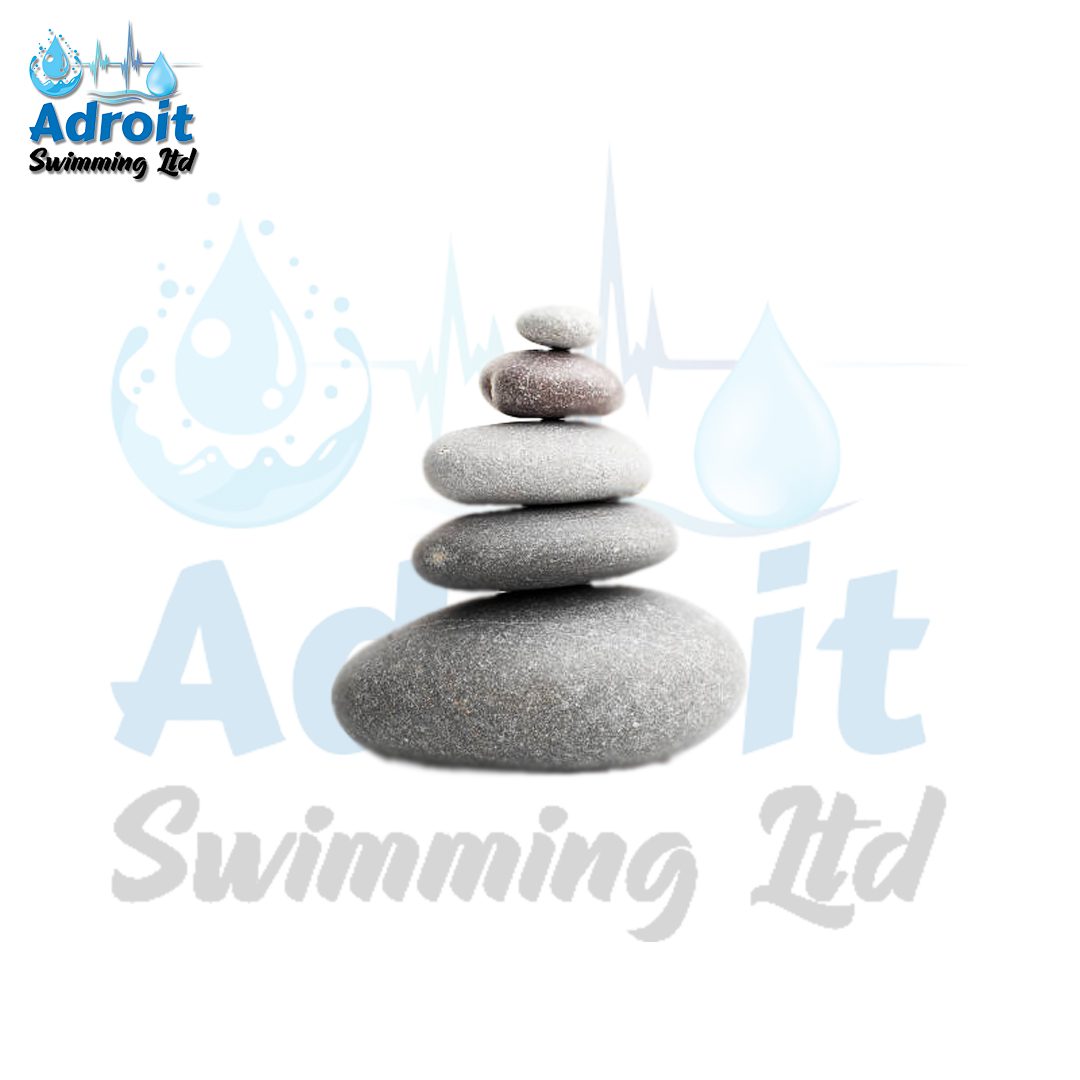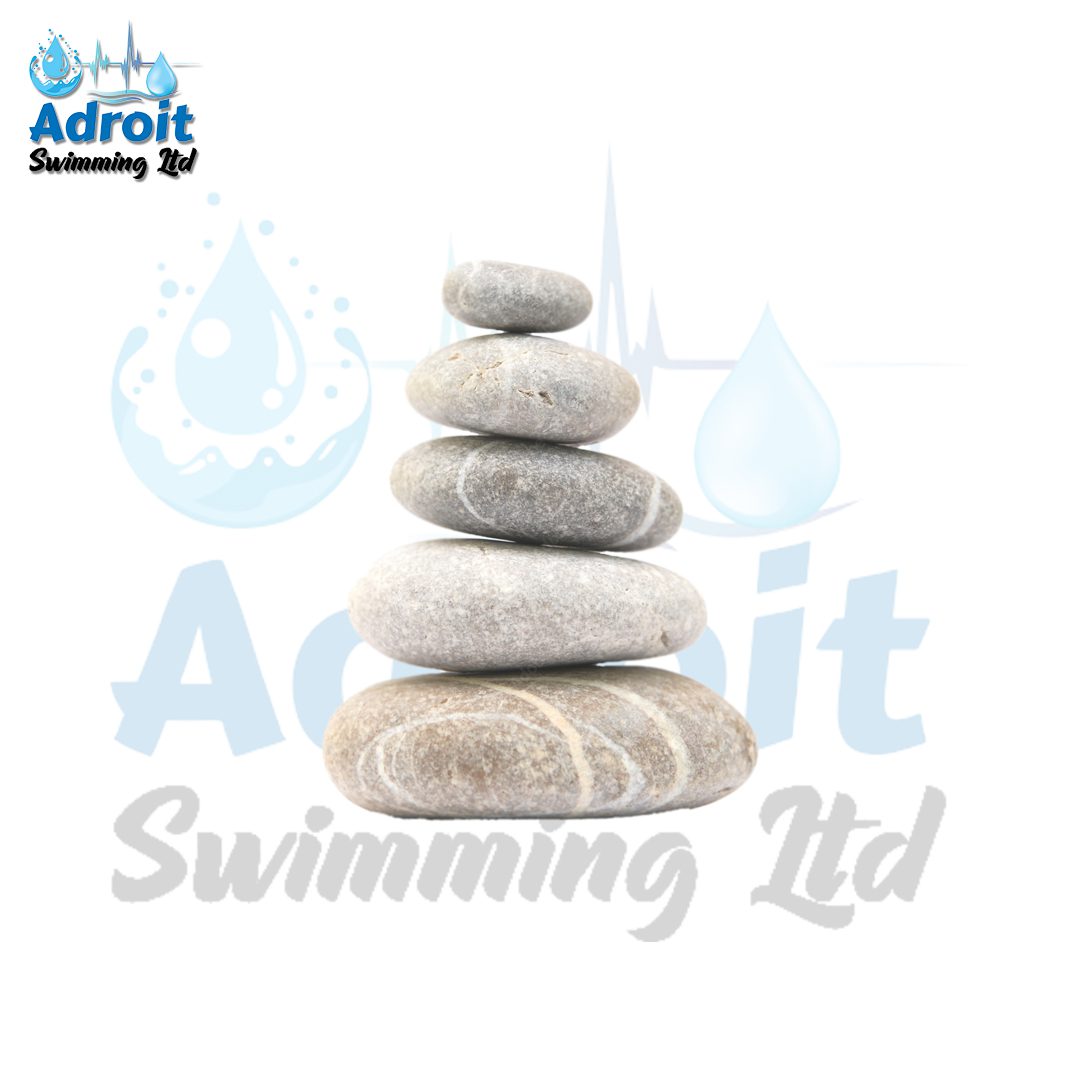Fountain Stone Full Description
Contents
- Introduction
- Key Features
- Material and Construction
- Design and Aesthetics
- Size and Weight
- Installation
- Applications
- Residential Use
- Commercial Use
- Benefits
- Aesthetic Appeal
- Durability and Longevity
- Low Maintenance
- Customer Reviews
- Conclusion
1. Introduction
Fountain stones are a popular choice for enhancing the beauty and tranquility of water features in both residential and commercial settings. These natural or artificial stones are designed to create visually appealing and calming water displays, offering a blend of aesthetics and functionality. Whether used as a centerpiece in a garden fountain or as an accent in a larger water feature, fountain stones add a touch of elegance and natural charm to any space. This comprehensive description covers the essential aspects of fountain stones, including their features, applications, benefits, and customer feedback.
2. Key Features
Material and Construction
Fountain stones are typically crafted from a variety of materials, including natural stone, engineered stone, or composite materials. Natural stones, such as granite, marble, or basalt, are prized for their durability and unique, natural textures. Engineered stones offer a consistent appearance and can be customized to match specific design preferences. Composite materials, often made from resin and other additives, combine durability with the flexibility of design. Regardless of the material, fountain stones are constructed to withstand constant exposure to water and outdoor elements.
Design and Aesthetics
The design of a fountain stone plays a crucial role in its aesthetic appeal. Fountain stones come in a range of shapes and sizes, from sleek, modern forms to rustic, natural-looking rocks. Some stones are designed with intricate carvings or textures that create interesting water patterns and visual effects. The aesthetics of the fountain stone can complement various styles of water features, including contemporary, traditional, and naturalistic designs. The choice of design can enhance the overall ambiance of the space, whether it’s a serene garden or a lively commercial setting.
Size and Weight
Fountain stones are available in various sizes and weights, catering to different types of water features and installation requirements. Smaller stones are ideal for tabletop fountains or small garden accents, while larger stones are suited for grand, dramatic water features. The weight of the stone is an important consideration, as it affects the stability of the installation. Heavier stones are generally more stable and less prone to shifting, but they may require professional handling during installation.
Installation
The installation of fountain stones can vary depending on their size and design. Smaller stones may be easily installed by homeowners or landscapers, while larger stones often require specialized equipment and professional installation services. The installation process typically involves securing the stone in place, ensuring that it is properly aligned with the water feature, and connecting it to the water source. Proper installation is essential for the stability and functionality of the fountain stone, as well as for achieving the desired visual effect.
3. Applications
Residential Use
In residential settings, fountain stones are commonly used to enhance garden fountains, pond features, and outdoor water displays. They serve as focal points in landscaping designs, creating a sense of tranquility and natural beauty. Fountain stones can be used in various ways, such as standalone features or as part of larger water installations. They add elegance and character to outdoor spaces, making them a popular choice for homeowners looking to improve their garden or backyard ambiance.
Commercial Use
For commercial applications, fountain-stones are used in public spaces, such as parks, hotels, shopping centers, and office buildings. They contribute to the aesthetic appeal of these spaces, creating inviting and visually striking water features. In commercial settings, fountain stones can be used to make a statement, attract visitors, and enhance the overall ambiance. Their durability and low maintenance requirements make them suitable for high-traffic areas and diverse environmental conditions.
4. Benefits
Aesthetic Appeal
Fountain-stones are highly valued for their aesthetic appeal. They bring a natural and elegant touch to water features, enhancing the overall visual impact of the space. The variety of designs and materials available ensures that there is a fountain stone to suit every style and preference. The calming effect of flowing water combined with the natural beauty of the stone creates a harmonious and attractive focal point.
Durability and Longevity
One of the key benefits of fountain stones is their durability. Constructed to withstand continuous exposure to water and outdoor elements, fountain stones are built to last. Natural stones are particularly resilient, while engineered and composite materials offer added strength and resistance to wear and tear. This durability ensures that fountain stones maintain their appearance and functionality over time, providing long-lasting value.
Low Maintenance
Fountain-stones are relatively low maintenance, especially when compared to other types of water features. Natural stones typically require occasional cleaning to remove algae and debris, but they do not need frequent replacement. Engineered and composite stones are also easy to clean and maintain. Their resistance to weather and environmental factors means that they remain attractive and functional with minimal upkeep.
5. Customer Reviews
Customer reviews for fountain stones often highlight their visual appeal and transformative impact on outdoor spaces. Users appreciate the natural beauty and elegance that fountain stones bring to their water features. Positive feedback frequently mentions the durability and low maintenance of the stones, noting that they withstand outdoor conditions well and require minimal upkeep. Overall, fountain stones receive high praise for their aesthetic enhancement, longevity, and ease of maintenance.
6. Conclusion
Fountain-stones are an excellent choice for enhancing the beauty and functionality of water features in both residential and commercial settings. With their variety of materials, designs, and sizes, they offer versatile and elegant solutions for creating captivating water displays. The durability and low maintenance requirements of fountain stones make them a practical investment, while their aesthetic appeal adds a touch of natural charm to any space. For those looking to improve their water features with a high-quality, visually striking element, fountain stones stand out as a superior option.


Reviews
There are no reviews yet.